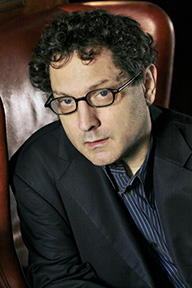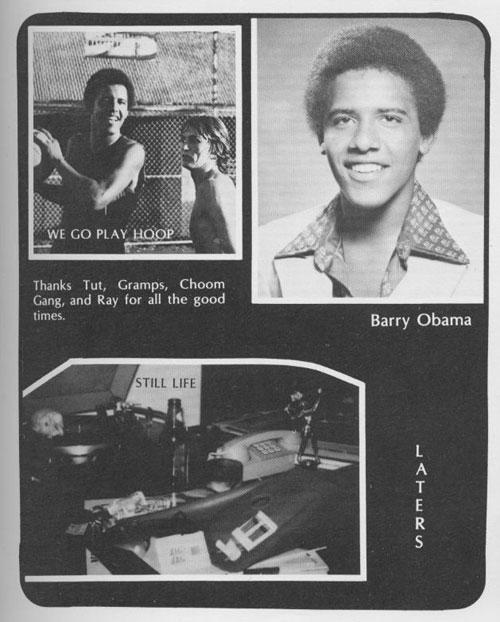Aus einem Interview mit dem Islamismusforscher Gilles Kepel im Chronicle of Higher Education:
Q. What is George W. Bush’s legacy in the Middle East?
A. One word: catastrophe. The United States has traditionally had a very strong position among upwardly mobile Middle Easterners who saw American-style meritocracy as an alternative to the system imposed on them, which allows only the children of the elite to be the leaders of tomorrow. Even if most Middle Easterners would not say it publicly, their dream was America, and America was the dream of the Middle East. And that dream has been killed entirely by Bush.
Q. What analytical errors helped shape Bush’s policy missteps in the region?
A. When I was working on my previous book, The War for Muslim Minds: Islam and the West (Harvard University Press, 2004), I went to speak with several prominent neoconservatives, like Paul Wolfowitz and Richard Perle. I was struck by the depth of their misunderstanding of the region. They had superimposed the East-West conflict on the Orient-Occident divide, and they were convinced that the criterion to understand what was taking place in the Middle East was Eastern Europe under the Soviets. They thought Baghdad was East Berlin. It sounded good: Get rid of the tyrants, have civil society take over, and build something like a Democratic Party and a Republican Party in Iraq and Saudi Arabia. Freedom for the Middle East. Great. It just proved wrong.
Q. Why?
A. There was no human intelligence; the U.S. government has no Arabists anymore. I was a visiting professor at New York University and Columbia University in the mid-90s, during the Oslo peace process between Israelis and Palestinians. I had close to no students. There was an assumption that the world was going to become American. That was the Fukuyama thesis, even though he recanted because he still wants to be in the limelight. This was the era of the Project for the New American Century, … so why would someone learn about the Arab world? After all, it is a dying culture. But the world is not that simple. …
Middle East studies in America is entirely politicized because of money. A department is either on the Saudi or Kuwaiti payroll, or it is on the Israeli or Jewish payroll. Of course, professors are entirely free. But they exert a measure of self-censorship to be sure their sponsors are pleased with them. This development is a catastrophe because it skews the entire scholarly tradition; partisanship has overcome scholarship. The American tradition of excellent knowledge in Middle East issues has failed.
In Europe we are poor, but to some extent we are more dignified — if I may say so. We used to depend on state funding, but that has dwindled down to nothing. So I studied how the Americans did it right, how they did it wrong, and how I might be able to do it better. I try to have as many sponsors as possible so as not to be dependent on one patron. If I have Saudi money, I get Jewish money; if I have Qatari money, I get Bahraini money; if I have money from the oil industry, I get money from the pro-sustainability people. I barely have time to write anymore, but it is the only way to remain independent.
Q. What is your advice for the next president of the United States?
A. After Iraq, it is clear that American military might is no longer a sufficient gateway to power. America has to work with its allies. That is one of the great lessons of a post-neocon world. A few years ago, Condoleezza Rice said that in the Middle East, the Americans will do the cooking and the Europeans can do the dishes. Can you imagine the national shame for the French, who are so keen on gastronomy, to have America — the nation of McDonald’s — insist that they will do the cooking? That was hard to swallow. But in all seriousness, Europe needs to get back in the kitchen. America can’t do it alone anymore.
Q. Is militant jihadism on the wane?
A. The jihadists are not well. Their main problem is an inability to mobilize the masses. There are small groups of people who follow the jihadis, but the militants are totally unable to appeal to a broad constituency. After the attacks of September 11, which brought a lot of joy to a lot of people in the Muslim world, there were some copycat bombings, but this has not led to anything in terms of mobilization. The jihadis have not been able to launch a major attack since the 7/7 bombings [of 2005], in London. The masses don’t think the Islamists can deliver anything. And when you look at jihadist literature on the Internet, as I do, you see a tremendous amount of internal fighting that is getting worse and worse.


